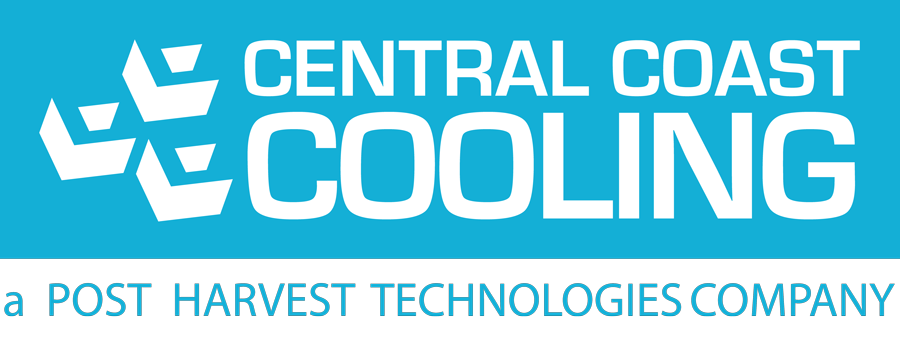In a world overloaded with information and distractions, the ability to think clearly, question deeply, and decide wisely has never been more essential. That’s the core of critical thinking—a skill set that helps you break through the noise, make smarter choices, and navigate life’s complexity with clarity and confidence.

But critical thinking isn’t about being skeptical for the sake of it. It’s about pausing before reacting, questioning what you hear and read, and exploring different angles before coming to a conclusion. It’s how we grow more informed, more grounded, and ultimately, more empowered.
Let’s explore how this powerful skill can be applied to real life—and how you can build it every day.
Everyday Examples of Critical Thinking in Action
- Making Healthier Choices
Imagine your doctor suggests a new supplement—or you read about a trendy detox online. Do you jump in, or do you research first? A critical thinker asks: Is this supported by evidence? Who’s behind this claim? By applying logic and digging into credible sources, you make health decisions that are right for your body, not just based on hype.
- Smarter Financial Decisions
Whether you’re choosing between saving or investing, paying off debt or splurging a little, critical thinking helps you weigh risks and rewards. You’re not just reacting—you’re strategizing. You’re comparing, forecasting, and making informed decisions that support long-term stability.
- Navigating Work Challenges
Workplace issues rarely come with a clear-cut answer. Critical thinking allows you to dissect a challenge, gather input, identify assumptions, and explore creative solutions. Instead of relying on gut reactions or habits, you think through the consequences—making you a stronger leader and teammate.
- Filtering Misinformation
From viral headlines to deepfakes and biased algorithms, the digital age demands discernment. Critical thinkers spot red flags, seek reputable sources, and question motives. This doesn’t just protect you—it empowers you to share knowledge responsibly with others.
- Relationship Clarity
When emotions run high, it’s easy to react impulsively. But in relationships—romantic, familial, or professional—clear thinking helps you set boundaries, communicate honestly, and make decisions aligned with your values. You can love with your heart, but still lead with your head.
- Thoughtful Consumer Choices
Ever bought something only to regret it a week later? Advertisers bank on that. But a critical thinker digs into product reviews, compares alternatives, and thinks twice before clicking “buy now.” The result? Less clutter, more value.
- Planning the Future
Education, career, retirement—these are major life decisions. Critical thinking equips you to ask tough questions: What are my priorities? What’s the trade-off here? It’s your roadmap for building a future based on intention, not impulse.
- Political Awareness
Voting, policy debates, or even dinner-table arguments—politics touches every part of life. Instead of echoing talking points, critical thinkers dig deeper. They explore context, understand multiple sides, and base decisions on evidence, not noise.
- Personal Safety and Risk Assessment
Whether traveling solo or deciding whether to confront a conflict, critical thinking helps you weigh risks, assess potential outcomes, and choose actions that prioritize well-being—without being driven by fear.
- Emotional Regulation
When stress strikes, it’s easy to spiral. But critical thinking helps you pause and ask: What’s triggering this? Is my reaction grounded in fact or fear? By examining your thought patterns, you gain perspective—and regain control.
Why It’s Worth It: The Benefits of Critical Thinking
- Sharper Decisions – You evaluate all angles before acting.
- Creative Problem-Solving – You go beyond the obvious to uncover smarter solutions.
- Stronger Communication – You express ideas clearly and listen actively.
- Reduced Bias – You recognize emotional or cognitive traps.
- Personal Growth – You evolve by challenging your own assumptions.
- Confidence and Independence – You trust yourself to make reasoned choices.
How to Strengthen Your Critical Thinking Muscles
Want to think more critically? Like any skill, it takes practice. Here are some tools to help you grow:
- Ask “Why?” and “What if?” often – Curiosity leads to clarity.
- Seek diverse perspectives – Talk to people who see the world differently.
- Fact-check yourself – Before hitting share, do a little digging.
- Analyze your own thoughts – Notice when bias or emotion may be distorting your judgment.
- Welcome constructive debate – It sharpens your ideas.
- Reflect regularly – Ask yourself what you’ve learned—and how your views may be evolving.
Common Pitfalls to Watch For
Even the best thinkers get tripped up. Be on guard for:
- Emotional reasoning – Letting feelings override facts.
- Confirmation bias – Only accepting info that supports your beliefs.
- Overconfidence – Assuming you’re always right.
- Peer pressure or groupthink – Adopting popular views without scrutiny.
- Cognitive shortcuts – Jumping to conclusions instead of asking more questions.
Whether you’re a student, a CEO, or somewhere in between, this webinar will give you the tools to think with more clarity, creativity, and confidence.
👉 Watch the webinar here: bit.ly/CTJimWhite
Final Thought: Thinking Better is Living Better
As Dr. Richard Paul once said, critical thinking is not just a skill—it’s a way of living. It’s about becoming a more intentional, thoughtful, and informed version of yourself. In a time when confusion and division run high, the ability to think critically could be one of the most important tools we have—not only to survive, but to thrive.


Recent Comments